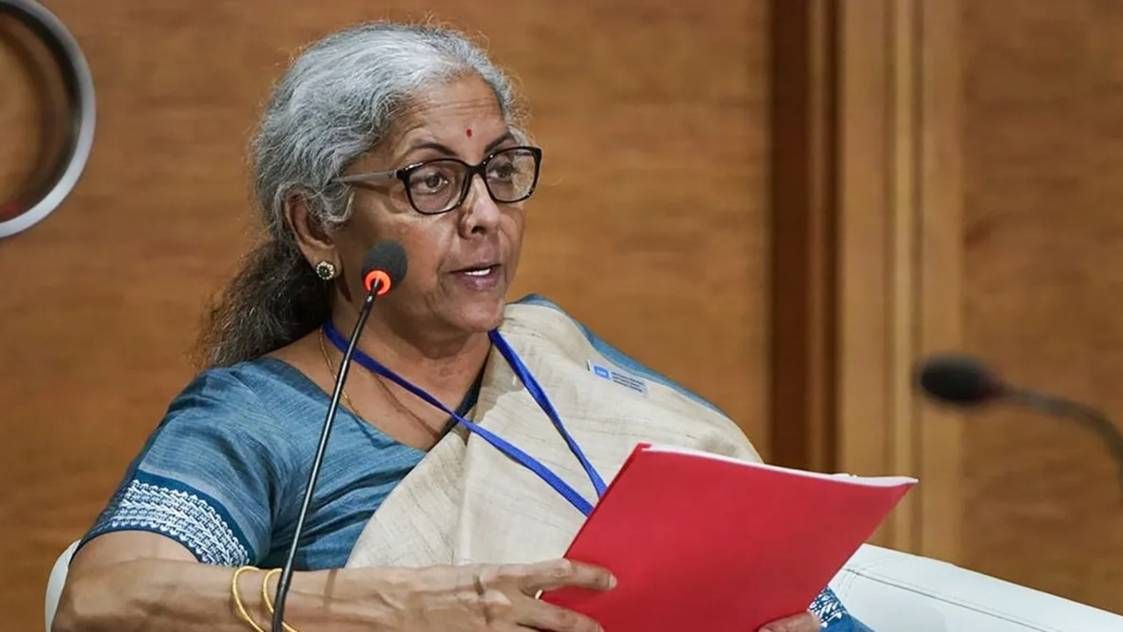IN A step that would mark the first major restructuring of tax rates under the Goods and Services Tax (GST) seven years after its rollout, a special rate of 35 per cent could be carved out for demerit (sin) goods such as aerated beverages, cigarettes, tobacco and related products.
At a meeting on Monday, ahead of the GST Council meeting on December 21, the Group of Ministers (GoM) on rate rationalisation finalised its report with this recommendation of a special rate, in addition to proposing a slew of rate tweaks for over 148 items including readymade garments.
The proposed hike in GST rates for sin goods, from the current highest slab of 28 per cent, would help the Centre and the states to make up for the loss from other rate cuts for common-use items, officials said. The current four-slab GST structure — of 5 per cent, 12 per cent, 18 per cent and 28 per cent — will continue for the medium term, a state finance minister said.
Among other rate change proposals, the GoM, headed by Bihar Deputy Chief Minister Samrat Choudhary, has suggested levying 5 per cent GST on readymade garments priced up to Rs 1,500; 18 per cent for those priced at Rs 1,500-10,000; and 28 per cent for garments costing above Rs 10,000.
“The GoM has proposed raising the rates for tobacco and related products, and aerated beverages to 35 per cent. It will be a special rate and will help in minimising the revenue loss impact from the other rate changes,” a state finance minister, who is part of the GoM, told The Indian Express.
The GoM has also proposed hiking rates on other high-end items such as cosmetics, watches and shoes. With this, the indirect tax regime would transition towards a regime where taxation gets linked to the pricing of the product and hence, a greater incidence would be on those who buy luxury and high-end items.
The GST Council is scheduled to meet in Jaisalmer on December 21, where it will also take up the key proposal of GST on life and health insurance premiums. The premiums paid by senior citizens for health insurance and premiums paid by all for term life insurance are likely to be exempted. For other citizens, health insurance cover till Rs 5 lakh is likely to be exempted and the existing rate of 18 per cent will be charged for health insurance cover over Rs 5 lakh.
At its meeting in October, the GoM had suggested GST rejig for several items and proposed cutting rates for some items such as packaged water above 20 litres (5 per cent from 18 per cent), bicycles priced less than Rs 10,000 (5 per cent from 12 per cent) and exercise notebooks (5 per cent from 12 per cent). Shoes costing above Rs 15,000 and wristwatches above Rs 25,000 are likely to be shifted to the highest slab of 28 per cent GST from 18 per cent.
Separately, the GoM on compensation cess, headed by Minister of State for Finance Pankaj Chaudhary, also held its meeting on Monday and sought an extension of six months to submit its report to the GST Council. This GoM, which includes members from Assam, Chhattisgarh, Gujarat, Karnataka, Madhya Pradesh, Punjab, Tamil Nadu, Uttar Pradesh and West Bengal, was mandated to submit its report by December 31.
The GoM is looking at the legal implications of removal of the cess — levied on sin and luxury goods such as cars, tobacco, over and above the existing highest rate of 28 per cent. “There is time till March 2026 to take a decision regarding the levy of the cess. So it was felt that a detailed discussion should happen, and so more time will be sought for submission of the report,” the minister said.
The compensation cess was proposed to be levied for five years after the rollout of GST, till June 2022, to compensate states for revenue loss. In 2022, the Council decided to extend the levy till March 2026 to repay the interest and principal amount of the Rs 2.69 lakh crore of loans taken in 2021-2022 to pay off states’ revenue loss during Covid years. At its meeting on September 9, the Council decided to set up a GoM to decide the future course of the cess.



